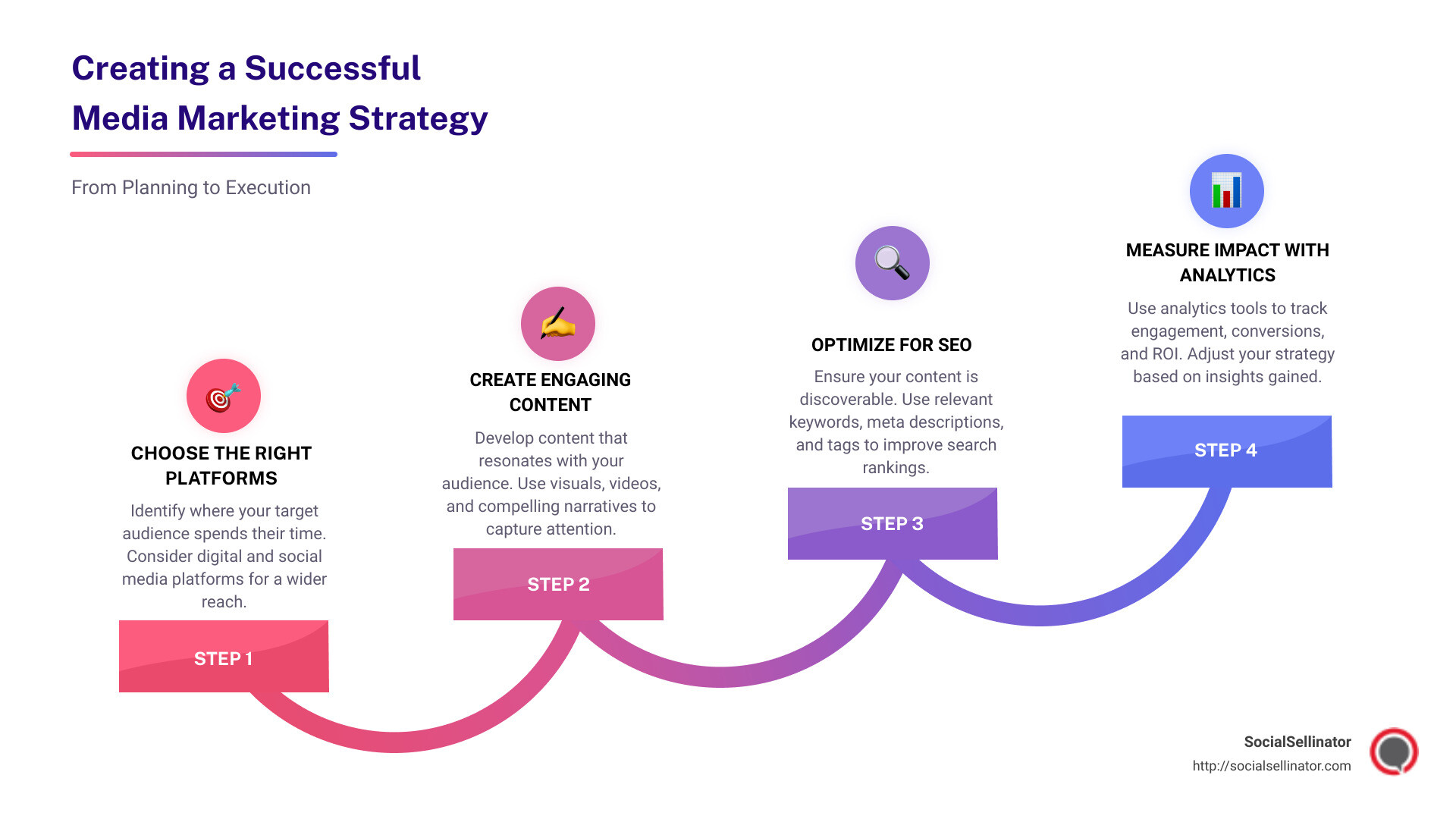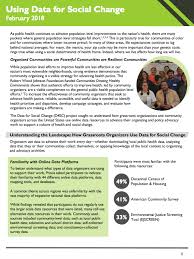Modern Feminism is Not About Equality
In recent years, the concept of feminism has evolved and taken on new meanings. While traditional feminism was rooted in the fight for gender equality, modern feminism has diverged from this original goal. Instead of focusing solely on equality between men and women, modern feminism often emphasizes broader social issues and intersectionality.
One of the key distinctions of modern feminism is its recognition of how various aspects of identity, such as race, class, sexual orientation, and disability, intersect with gender to shape individuals’ experiences. This intersectional approach acknowledges that different groups of women face unique challenges and discrimination based on their multiple identities.
Moreover, modern feminism seeks to dismantle not only gender-based oppression but also other forms of systemic injustice, such as racism, economic inequality, and LGBTQ+ discrimination. By addressing these interconnected issues, modern feminists aim to create a more inclusive and equitable society for all individuals.
Some critics argue that this shift in focus detracts from the original goal of achieving gender equality. They contend that by broadening the scope of feminist activism to include a wide range of social justice issues, modern feminists dilute their message and lose sight of the core objective.
However, proponents of modern feminism maintain that true equality cannot be achieved without addressing the intersecting oppressions that affect marginalized communities. They argue that by advocating for a more holistic approach to social change, modern feminists are working towards a more just and inclusive world for everyone.
In conclusion, while traditional feminism aimed primarily at achieving gender equality within a patriarchal society, modern feminism has expanded its focus to address a wider range of social injustices through an intersectional lens. While some may view this shift as moving away from the core principle of equality between men and women, proponents believe that this broader approach is essential for creating a more equitable and inclusive society for all individuals.
6 Insights into How Modern Feminism Advocates for True Gender Equality
- Modern feminism advocates for gender equality and aims to dismantle systemic inequalities that affect all genders.
- Feminism seeks to address issues such as gender discrimination, violence against women, and unequal opportunities in various spheres of life.
- Intersectional feminism recognizes that individuals experience oppression differently based on their intersecting identities such as race, class, sexual orientation, and disability.
- Modern feminism promotes inclusivity and diversity by amplifying the voices of marginalized groups within the movement.
- Feminism challenges traditional gender norms and stereotypes that limit individuals’ choices and opportunities based on their gender.
- Supporting modern feminism involves advocating for social, political, and economic changes that benefit all individuals regardless of their gender.
Modern feminism advocates for gender equality and aims to dismantle systemic inequalities that affect all genders.
Modern feminism advocates for gender equality and aims to dismantle systemic inequalities that affect all genders. By addressing not only gender-based oppression but also intersecting forms of discrimination, modern feminists strive to create a more just and inclusive society where individuals of all genders can thrive. Through a focus on intersectionality and social justice, modern feminism seeks to challenge and transform the structures that perpetuate inequality, paving the way for a more equitable future for everyone.
Feminism seeks to address issues such as gender discrimination, violence against women, and unequal opportunities in various spheres of life.
Feminism seeks to address a wide range of issues that impact women’s lives, including gender discrimination, violence against women, and unequal opportunities in various domains such as education, employment, and healthcare. By advocating for gender equality and challenging societal norms that perpetuate injustice and inequality, feminism aims to create a more just and inclusive world where all individuals have equal rights and opportunities regardless of their gender.
Intersectional feminism recognizes that individuals experience oppression differently based on their intersecting identities such as race, class, sexual orientation, and disability.
Intersectional feminism acknowledges the complex and interconnected nature of oppression that individuals face, taking into account how various aspects of identity, including race, class, sexual orientation, and disability, intersect to shape their experiences. By recognizing these intersecting identities, intersectional feminism seeks to address the unique challenges and discrimination that different groups of women and marginalized individuals encounter in society. This approach highlights the importance of understanding the diverse ways in which oppression operates and advocates for inclusive solutions that consider the complexities of individuals’ lived realities.
Modern feminism promotes inclusivity and diversity by amplifying the voices of marginalized groups within the movement.
Modern feminism embraces inclusivity and diversity by amplifying the voices of marginalized groups within the movement. By prioritizing the experiences and perspectives of individuals who face intersecting forms of oppression based on their gender, race, sexuality, and other identities, modern feminism strives to create a more equitable and inclusive space for all. This emphasis on amplifying marginalized voices not only enriches the feminist discourse but also underscores the importance of intersectionality in understanding and addressing systemic inequalities.
Feminism challenges traditional gender norms and stereotypes that limit individuals’ choices and opportunities based on their gender.
Feminism challenges traditional gender norms and stereotypes that limit individuals’ choices and opportunities based on their gender. By advocating for gender equality and dismantling societal expectations that confine individuals to predefined roles, modern feminism empowers people of all genders to pursue their aspirations freely and without discrimination. This inclusive approach fosters a more diverse and equitable society where everyone can thrive based on their abilities and merits, rather than being constrained by outdated stereotypes.
Supporting modern feminism involves advocating for social, political, and economic changes that benefit all individuals regardless of their gender.
Supporting modern feminism involves advocating for social, political, and economic changes that benefit all individuals regardless of their gender. By recognizing the intersectionality of oppression and addressing systemic injustices that impact marginalized communities, modern feminism strives to create a more inclusive and equitable society for everyone. This approach goes beyond traditional notions of gender equality to promote a broader vision of social justice that uplifts individuals across various identities and backgrounds. Embracing modern feminism means working towards a world where all people have equal opportunities and rights, regardless of their gender or other intersecting factors.




